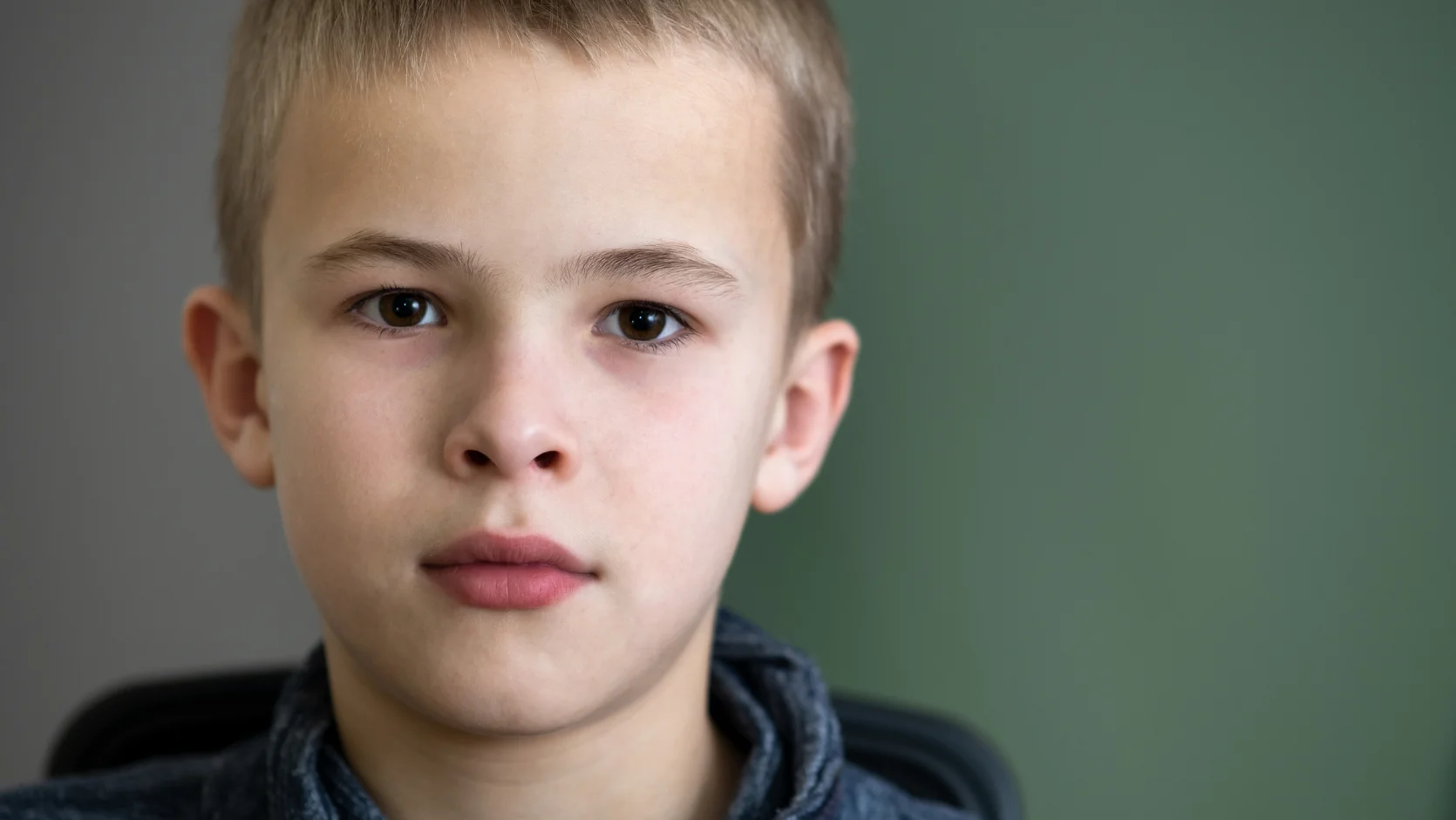The Facts
Mother and father have equal shared parental responsibility for son
In early 2022, X was a ten-year-old child whose parents were no longer together.
Under parenting orders made in 2019, X lived with his mother and spent substantial and significant time with his father.
X’s mother and father had equal shared parental responsibility for X.
Parents fail to agree on son receiving Covid vaccine
In January 2022, with the start of the school year fast approaching, X’s mother wanted to vaccinate him immediately against Covid-19.
His father had concerns and wanted to wait.
When they couldn’t agree, the mother applied to the Federal Circuit and Family Court of Australia for a determination on the issue.
The sole question for determination before the court was whether it was in X’s best interests to be vaccinated against Covid immediately, or to wait until there was more information available about any possible long-term side effects in children of the Pfizer Covid vaccine.














Expert commentary on the court's decision
Court rules in favour of mother, ordering that son be vaccinated
In the case of Palange & Kalhoun [2022] FedCFamC2F 149, the Federal Circuit and Family Court of Australia ruled in favour of the mother, Ms Palange, preferring her arguments to those of the father, Mr Kalhoun.
The court ordered that the child, X, be vaccinated with the Pfizer paediatric Covid vaccine, in accordance with the mother’s wishes.
Hearsay evidence and opinion evidence inadmissible under Evidence Act
The judge found that the evidence given by Ms Palange and Mr Kalhoun of what they say various public health bodies have said was inadmissible as hearsay under the Commonwealth Evidence Act 1995.
Further, under the opinion rule in section 79 of the Evidence Act, Ms Palange’s and Mr Kalhoun’s lay person opinion evidence about Covid infection and Covid vaccination was also inadmissible.
Dr E’s evidence admissible as expert opinion
The judge noted the exception under the Evidence Act for opinions which are based on “specialised knowledge,” commonly called “expert opinion” evidence.
The judge was satisfied that Dr E’s opinion evidence fell into this exception. So, unlike Ms Palange’s other evidence, Dr E’s evidence was admissible under the Evidence Act.
Evidence inadmissible under Evidence Act is admissible under Family Law Act
Although most of the parties’ evidence was inadmissible under the Evidence Act, the judge found that Ms Palange’s and Mr Kalhoun’s evidence was admissible under section 69ZT of the Commonwealth Family Law Act 1975.
This section moderates the strict application of the Evidence Act in order to provide greater flexibility to the court when considering what is in the best interests of children.
Judge gives little weight to most evidence except Dr E’s expert opinion
The judge noted that while admission into evidence is required before the court may consider evidence, the question of what weight to give to each item of evidence admitted is a separate step.
In weighing the evidence before him, the judge made the following remarks.
Similarly, while the judge accepted that if X remained unvaccinated, it might impact his ability to see the elderly members of his extended family, he did not give significant weight to this factor.
Nor did he give any weight to the mother’s opinion that X would be socially excluded by his peers.
Unlike Ms Palange, Mr Kalhoun did not call any expert witnesses.
In relation to Mr Kalhoun’s evidence, the judge observed that the only material he had as to the potential risk to X was his general concern as a lay person that there may be some unknown adverse side effect of the vaccine at some unknown time in the future.
As the court had no other evidence to help determine what weight to give to this possible future unknown risk, it could only take it into account in a general way.
Risk of self-representation in court
In this case, Ms Palange and Mr Kalhoun each represented themselves. As the court noted: “That is no easy task given the complexity of the law relating to parenting and to evidence.”
Unlike Ms Palange, Mr Kalhoun did not call any expert evidence about the kinds of potential adverse long term side-effects he may have had in mind, or any expert evidence about the potential for unforeseen side-effects arising from the Pfizer paediatric Covid vaccine.
Given that the outcome of this case turned on Dr E’s expert evidence, one can only wonder what the outcome might have been if Mr Kalhoun had introduced credible expert witnesses of his own.